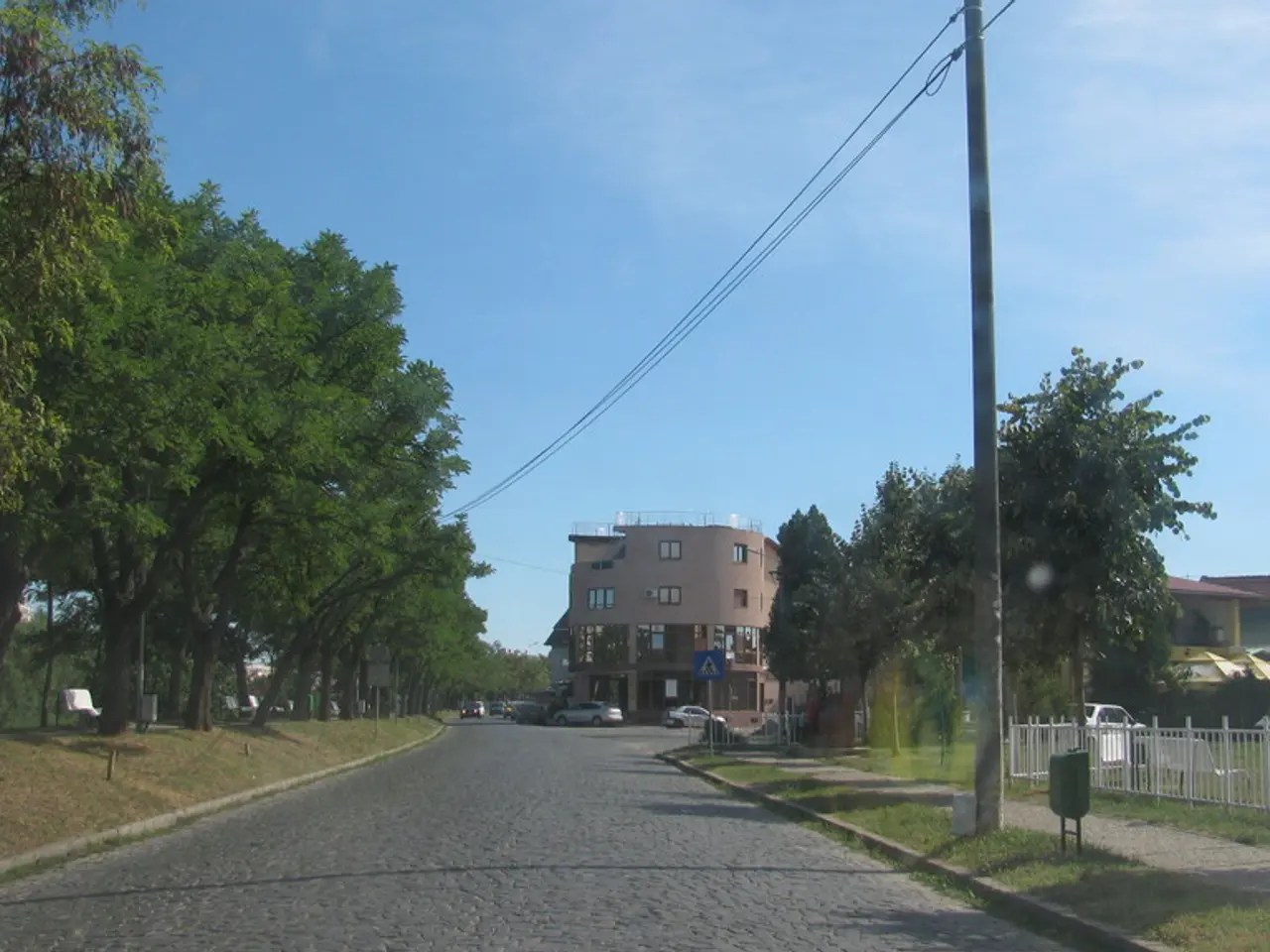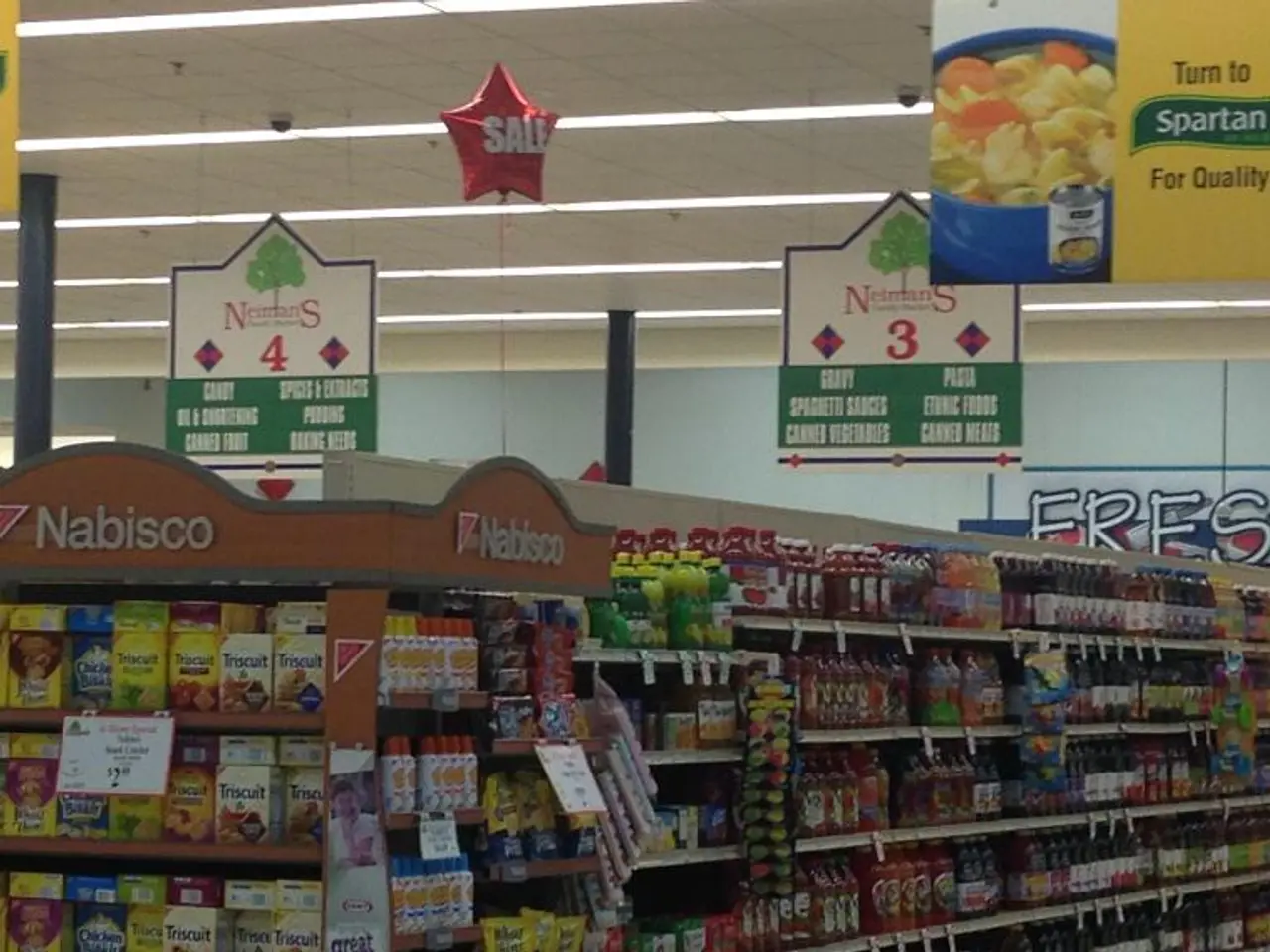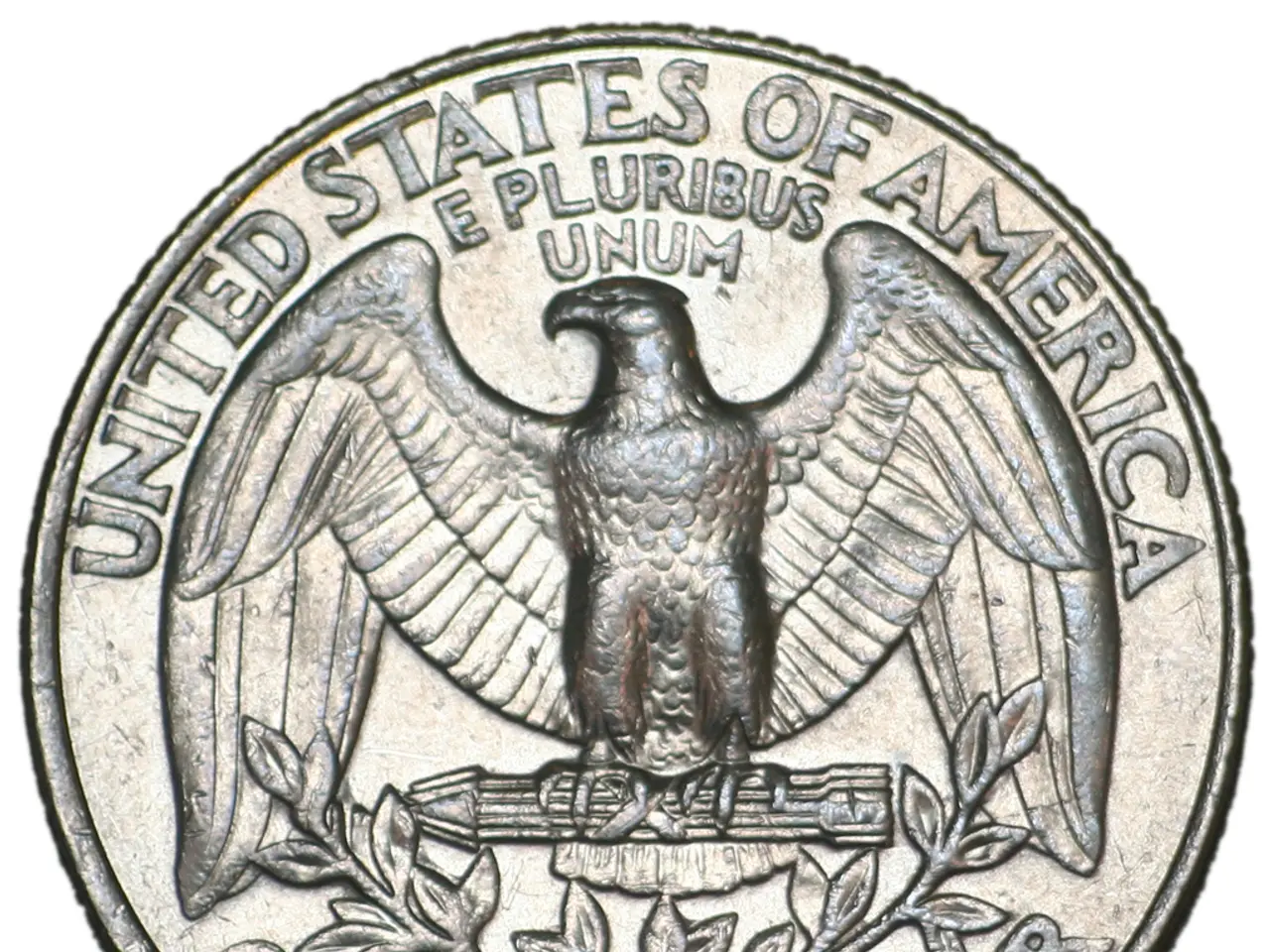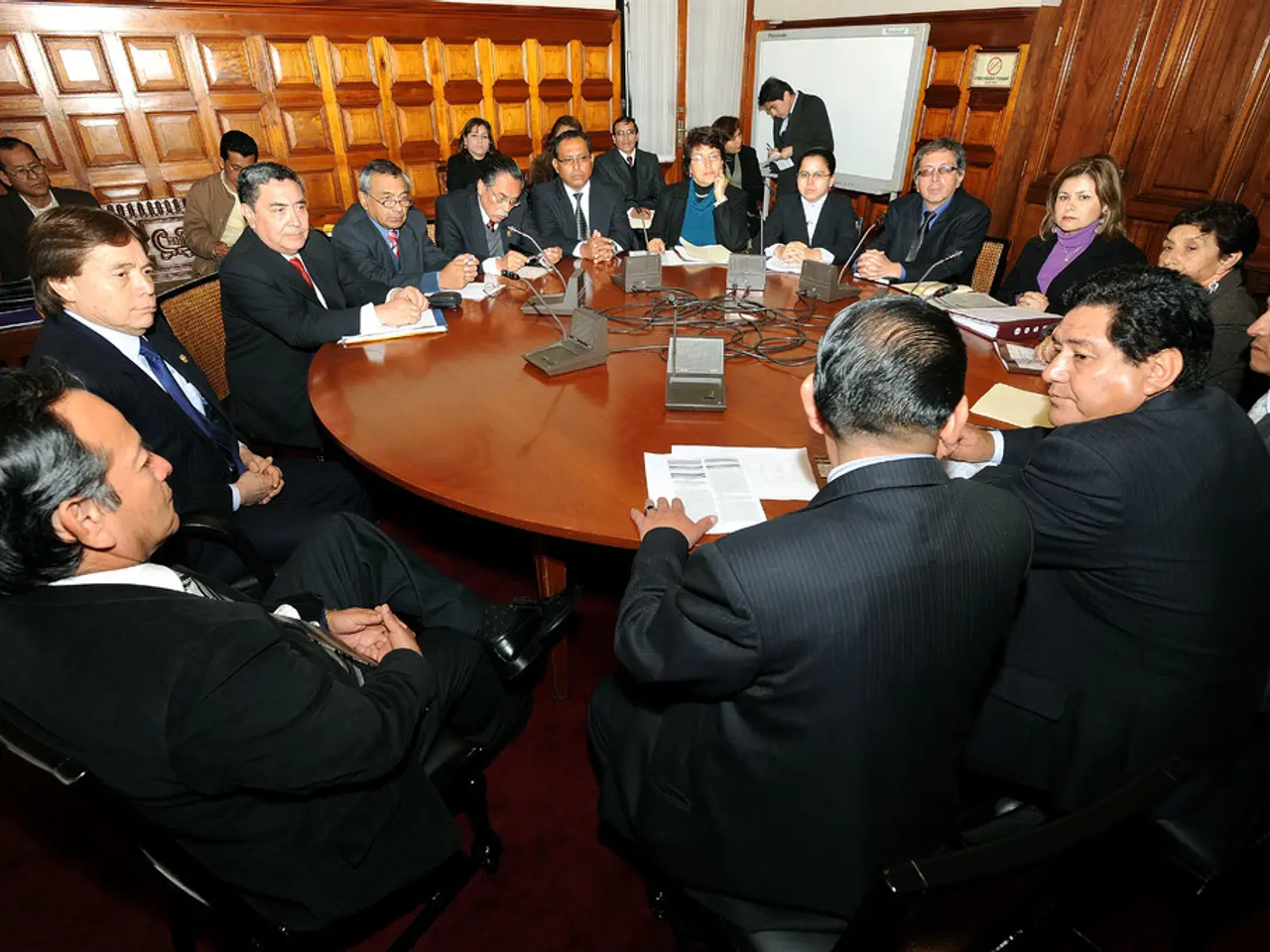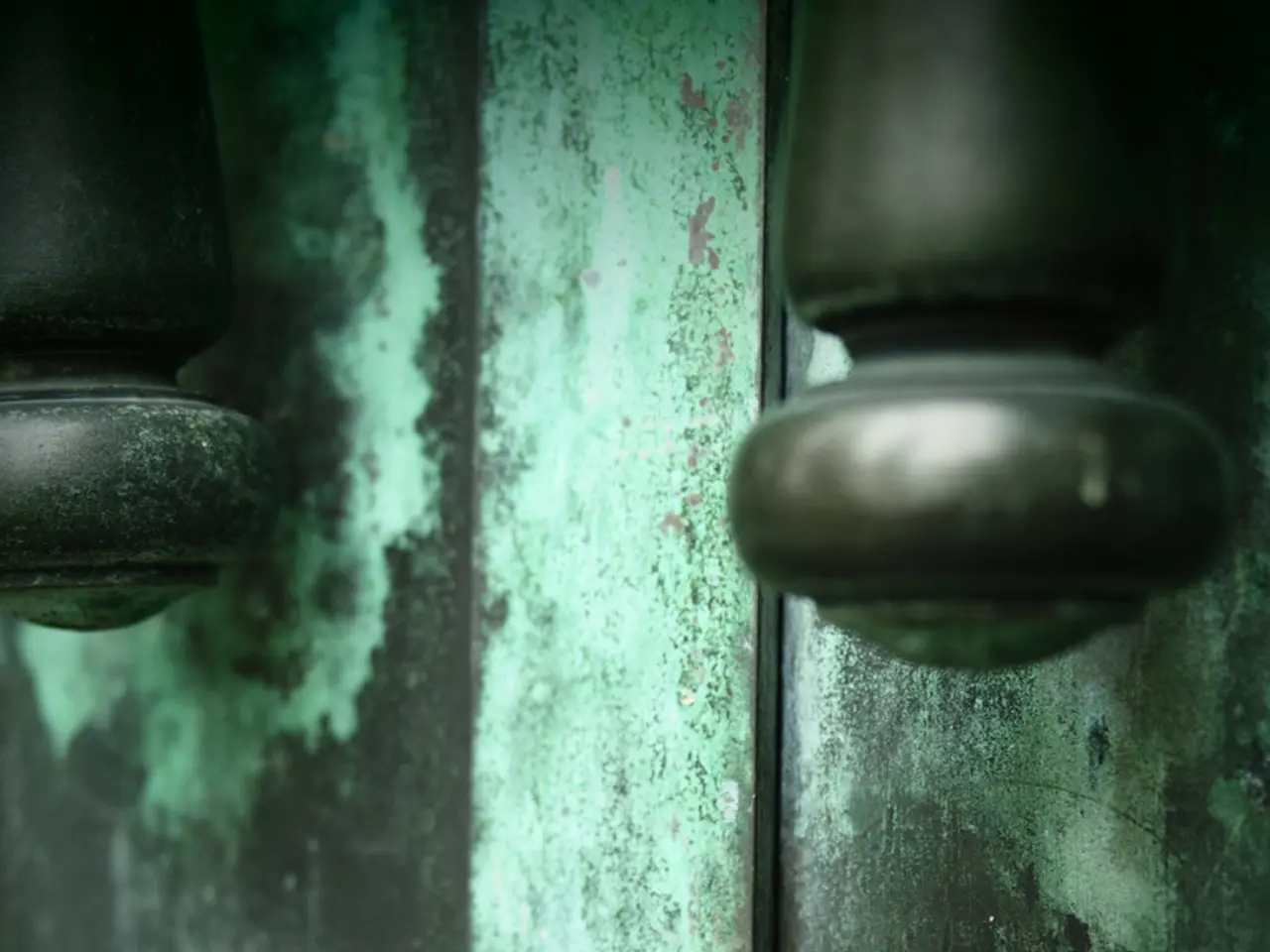Rivalry between Tesla and Rivian showcases divergent perspectives in electric vehicle mindsets, with two separate brand-specific charging stations in the spotlight
Tesla Diner and Rivian Hamptons: A Study in Contrasts in the Electric Vehicle Charging Landscape
In the rapidly expanding world of electric vehicles (EVs), two brands – Tesla and Rivian – are making their mark in the charging station industry. Each represents a unique identity, design philosophy, and cultural impact, reflecting their distinct company narratives and target customers.
Tesla Diner, located at 7001 Santa Monica Blvd, West Hollywood, CA 90038, embodies a futuristic, high-tech, and expansive brand identity. The diner is a testament to Tesla's cutting-edge innovation in EV infrastructure and its broad cultural significance. The diner offers more than just charging and dining facilities; it also features movies, merch, and other tech-forward amenities, aligning with Tesla’s brand.
On the other hand, Rivian Hamptons, situated at 1 Montauk Highway, Southampton, NY 11968, projects a more modest, approachable, and community-oriented image. The location, housed within a classic cedar shingle building, reflects a relaxed, coastal vibe, blending seamlessly into the local architectural style. Rivian Hamptons offers six fast chargers, including one for travel trailers, and amenities such as a lounge with complimentary coffee and snacks, and a children’s play area, designed for comfort and a laid-back experience.
The culture wars may be reflected in Rivian's recent openings, with a strategy that appears to be taking a more minimalist approach and blending with local aesthetics. Rivian's approach is particularly effective in charging locations like Yosemite and Joshua Tree National Park, catering well to outdoor enthusiasts and local communities.
In comparison, Tesla's Supercharger network, consisting of over 7,000 stations worldwide, boasts an extensive charging capacity, supporting a wide range of EV models with high-speed chargers. The cost of installing the Tesla Supercharger network would have run into multiple billions. The network can charge over 65,000 cars simultaneously, symbolising Tesla's dominance in the EV charging landscape.
Tesla's cultural impact remains more substantial and mainstream, while Rivian positions itself as a subtler, more ascetic alternative appealing to specific regional and lifestyle niches. Rivian's customer base seems to consist of technical gear-clad owners heading into the great outdoors.
In summary, Tesla Diner’s brand identity is innovative, tech-forward, and wide-reaching, with a design and amenities that reflect cutting-edge EV culture. Rivian Hamptons, on the other hand, opts for a low-key, community-integrated, and nature-compatible approach that prioritizes local aesthetic and a relaxed atmosphere. These contrasting brand identities offer diverse choices for EV owners, catering to different preferences and lifestyles.
[1] This article is a factual summary of the information provided in the bullet points and does not contain any opinions or unrelated information.
- The Tesla Diner's futuristic identity mirrors Tesla's dominance in the EV charging landscape, offering high-tech amenities and aligning with the brand's broad cultural significance.
- Rivian Hamptons, with its more modest, community-oriented image, presents a contrast to Tesla Diner, reflecting a strategy that takes a minimalist approach and blends with local aesthetics.
- The automotive industry's growth, particularly in the electric-vehicle sector, has seen companies like Tesla and Rivian making significant strides in the finance, technology, and transportation sectors.
- Rivian's customer base primarily consists of technical enthusiasts and outdoor lovers, signifying a lifestyle niche that distinguishes it from Tesla's more mainstream impact.
